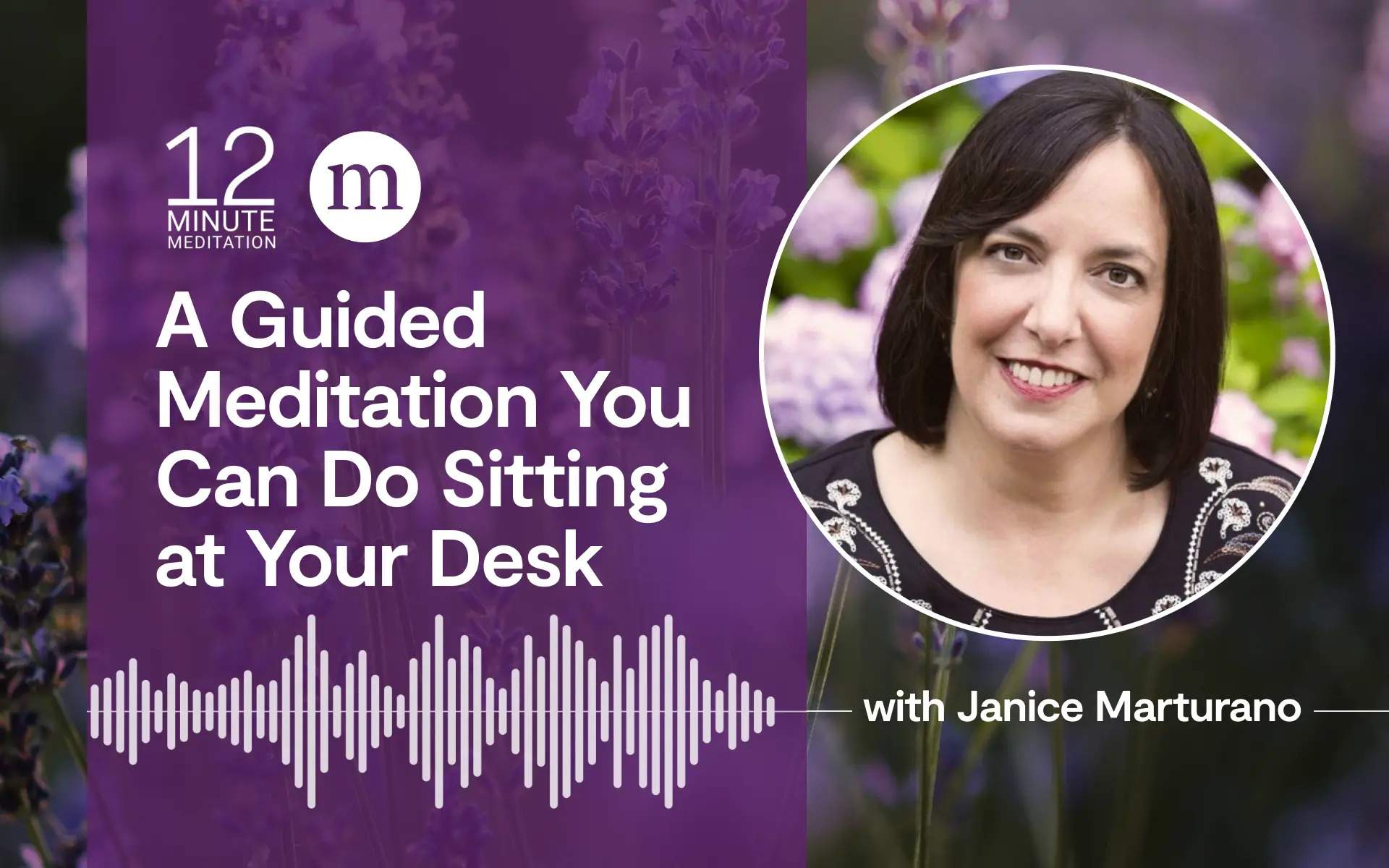Every morning I go off to a small studio behind my house to write. I try to ignore all email and phone calls until lunchtime. Then I launch into the sometimes frantic busy-ness of a tightly scheduled day.
But that protected time in the morning is when I get my really productive work done. Call it my “productive cocoon.” We all need one, a time we protect our focus from the multitude of distractions: emails, tweets, updates, and the rest of the onslaught.
Teresa Amabile and Steven Kramer, psychologists at Harvard Business School, studied 238 members of teams engaged in creative projects, from designing new kitchen gear to complex information technology systems. The team members kept daily diaries of their work days, including how productive and satisfying they found each day.
The most productive and satisfying days, hands down, came when they were able to have unbroken time to focus on their project. These productive cocoons are where they came up with small wins, like innovations, problem solving, and taking concrete steps toward their goal.
We all need to carve out time like that. There are some interruptions we can’t avoid, to be sure. And there are times we need to reach out to other colleagues, too. But the biggest category of cocoon-destroyers is the multitude of distractions we cave in to.
One way to boost our will power and focus is to manage our distractions instead of letting them manage us. There are two general strategies for this, one dealing with the externals and the other with your internal mindset.
To build a wall around your focus, free for the time being of distractions, consider some apps that can help. For Chrome, for instance, there’s Stay Focusd, which lets you limit the time you can spend on a Twitter stream or in your inbox, and Nanny for Google, which like a strict nanny makes off-limits websites you are tempted to visit at the wrong time. For Windows or for Macs, the app Freedom lets you set the amount of time you want free from Internet temptations.
The other strategy, entirely internal, helps you build up your concentration so you can resist all those distractions without the need of apps: it’s called will power, or, more technically, cognitive control. This attention capacity can be strengthened, just as you can build your muscles by going to the gym. The muscle of attention builds up whenever you practice meditation of any kind.
The basic “rep” in meditation comes when your focus strays to a distracting thought, you notice it has strayed, and you bring your mind back to your original point of focus. Researchers at Brown University found that this singular movement of mind actually increases the connectivity and size of the circuitry for disengaging from distractions and moving focus back to where you want it.
And that’s what builds the walls of your productive cocoon.
This post was originally published on Daniel Goleman’s Huffington Post blog. To read the original post, click here. You may also want to check out Goleman’s new audio CD, Cultivating Focus: Techniques for Excellence.








